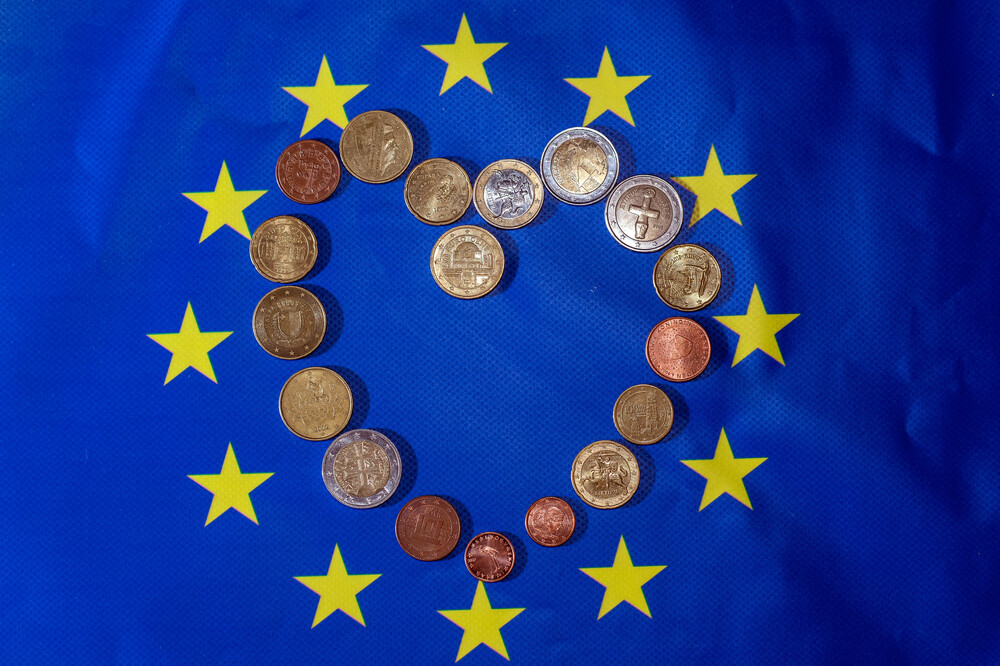site.btaBulgaria’s Readiness to Adopt Euro Next Year Becomes Headline News in Romania


Bulgaria has become a top story in Romanian media following the European Commission’s convergence report published on Wednesday, which confirmed that the country is ready to adopt the euro from January 1, 2026.
Headlines include:
“Bulgaria gets the green light”, “Neighboring country adopts the euro, Romania falls behind”, “Our Bulgarian neighbors are moving quickly toward the eurozone”, “Bulgaria outpaces us again”, “Bulgaria switches to the euro, Romania risks losing EU funds”, “Bulgaria teaches us lessons – joins the eurozone in 2026, while Romania watches from the sidelines”.
The website 3minute.net notes that while Romania does not meet any of the four criteria required for adopting the euro, Bulgaria is taking the big leap and, if all goes according to plan, will become the 21st EU member to adopt the single currency.
The topic is being widely discussed on social media, the Adevărul newspaper reports, quoting several online comments. Some users see Bulgaria's entry into the eurozone as a good thing, arguing that no country has gone bankrupt after adopting the euro.
“One user wrote: ‘In Romania, they’re just corrupt and want to control the currency so they can do whatever they want, just like they've already eroded our purchasing power—and probably will continue to do so.’”
Another commented: “If we switch to the euro, the state won’t be able to print lei whenever it wants, and there will be less tax evasion.”
A third user remarked that if things don't work out for Bulgaria, Romania will stick with the leu, pointing out that Poland, Sweden, Denmark, and the Czech Republic still haven’t adopted the euro.
“This is a really funny situation. In Bulgaria, the government genuinely wants to switch to the euro, but about 65% of the population is against it. In Romania, around 70% of the people are in favor, but the government doesn’t want it,” reads one comment.
Another user noted that Bulgaria maintained a very strict monetary policy to stay within the thresholds required for eurozone accession.
“Romania wouldn’t look like it does today if it had stayed on the euro path. The nice thing about having your own currency is that in a collapse, you can just print more and repay debt in local currency. When you’re in the euro, you’re forced to pay everything—just like what happened with the Greeks,” another user commented.
/RY/
Additional
news.modal.image.header
news.modal.image.text
news.modal.download.header
news.modal.download.text
news.modal.header
news.modal.text







